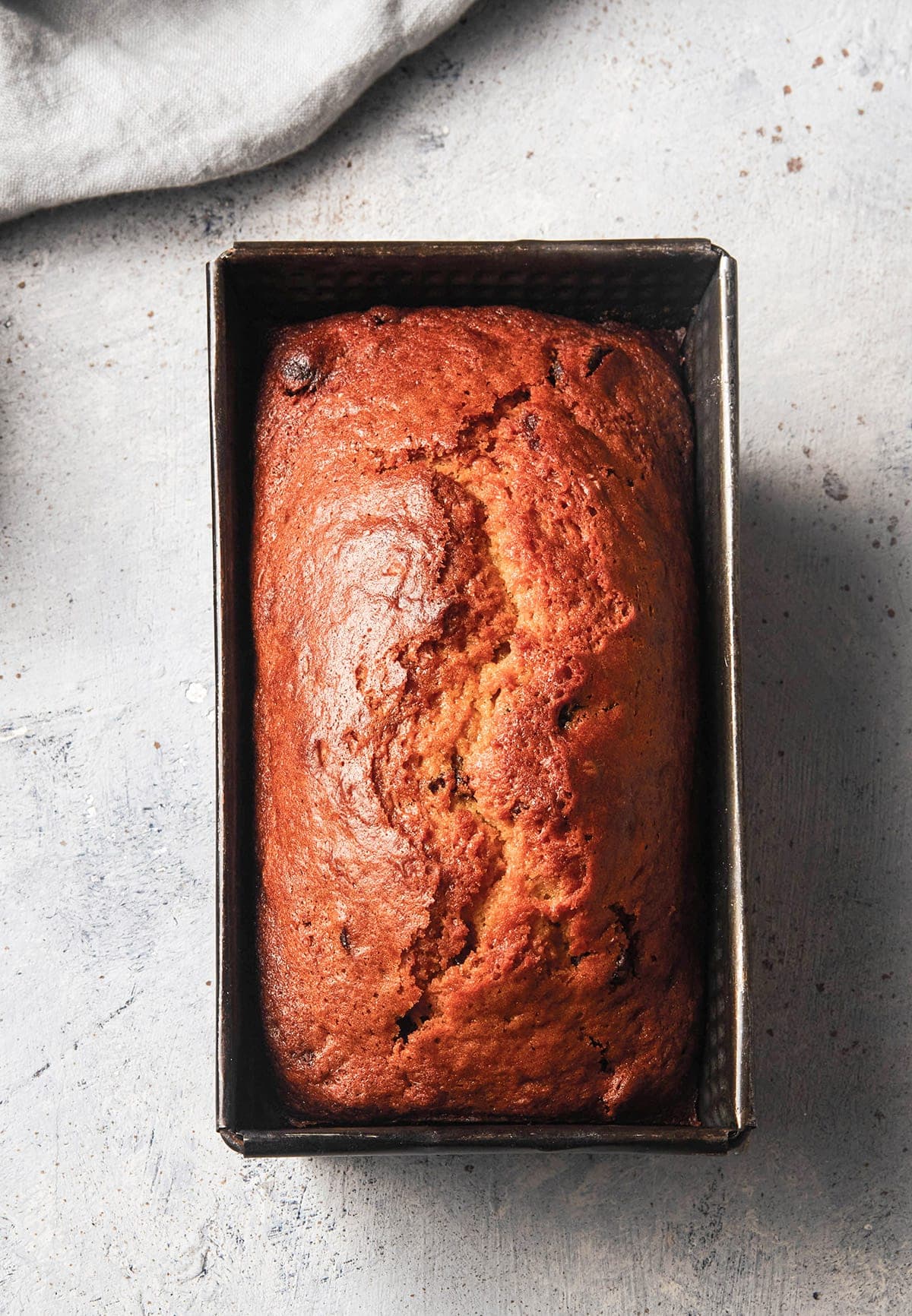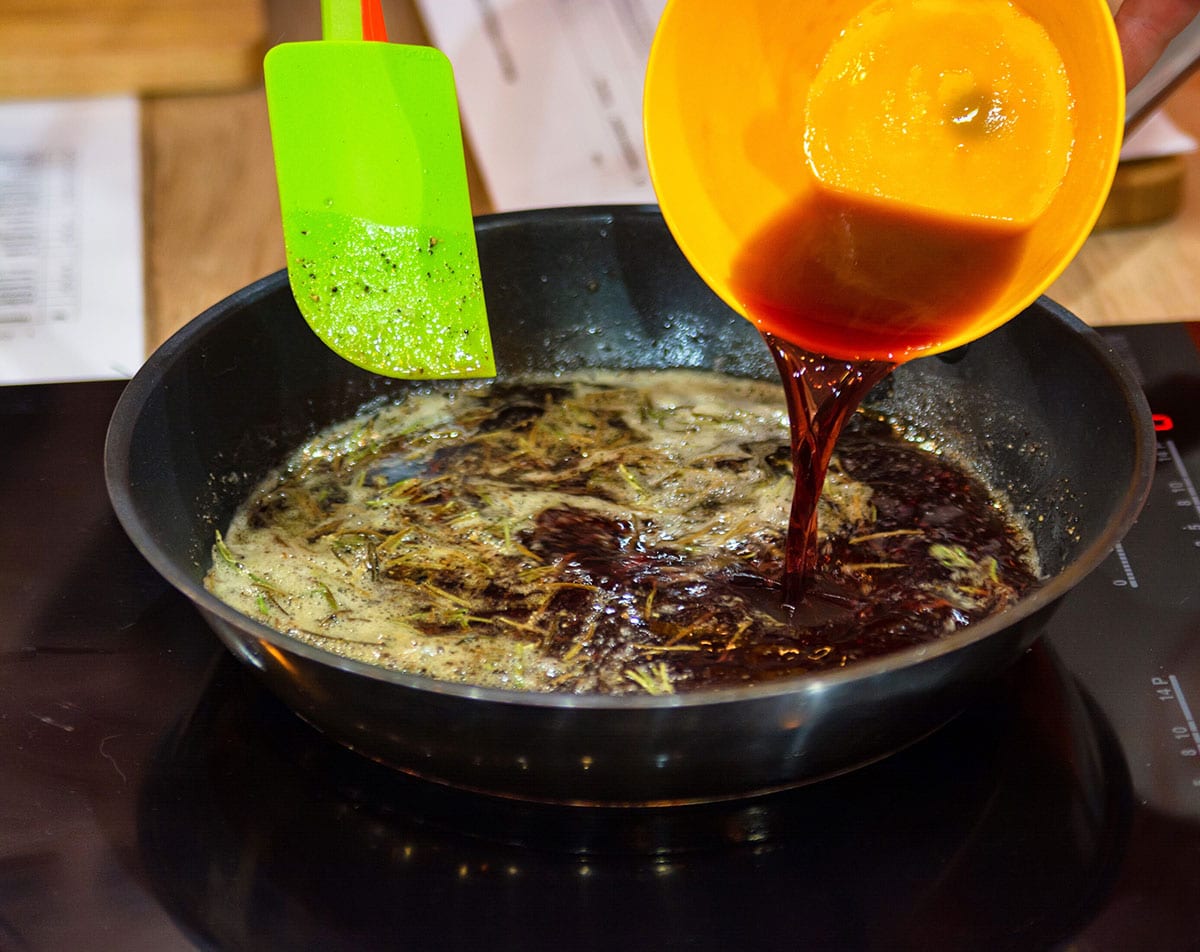Does Alcohol Cook Out of Food
Does Alcohol Cook Out of Food? All of us want to hang out with family or friends on our vacations and the foods are cooked with alcohol. Cooking food in alcohol or adding alcohol to it is nothing new; even alcohol-saturated meat is considered to be very moist and tender.
Many people, common and professional, use wine, beer, and spirits in their food to add some extra flavor and aroma to it. Some special wines are used more for cooking rather than drinking.
Most people, including professionals, believe that the alcohol they add to a meal evaporates during the cooking process, and it only leaves its aroma and taste behind. The thing is, heating alcohol or any other cooking liquid does not make it evaporate in minutes. But yes, alcohol can evaporate if cooked for a long time, like 3-4 hours.
Also see, Dangers Of Alcohol and 14 Surprising Benefits Of Quitting Caffeine

How Alcohol Evaporates
The alcohol evaporates from the food while cooking, and the longer you cook your food, the more alcohol will cook out. But to erase every trace of alcohol from the food, it should be cooked for at least 3 hours.
According to a study in the lab of U. S. Department of Agriculture, the food baked or simmered with alcohol for 15-20 minutes still had 40 percent of the alcohol. And after one hour of cooking, 25 percent of alcohol remained, and there was also 5 percent of alcohol remaining, even after the two and a half hours of cooking.
The evaporation also depends upon the cooking methods. Some methods are less effective than simply keeping the food uncovered overnight.
According to data from the Washington Post, if a pie is made from 3 tablespoons of brandy and ¼ cup of crème de cacao, 85% of alcohol remains within these ingredients. Some other main dishes also have the same scenario.
For example, in a scalloped oyster, the ¼ cup of sherry is baked for almost 25 minutes, but 45 percent of alcohol remains.
Try my delicious Jamaican Christmas Cake made without traditional alcohol.
Factors That Influence the Evaporation
The rate of alcohol evaporation while cooking does not only depend upon the period it has been cooked, but there are also many other factors that can influence the rate of evaporation.
1-Heat:
The hotter the temperature, the more alcohol will burn off. If the temperature is low, it will automatically take more time than if it is cooked at a high temperature. For example, after cooking for 30 minutes, the content of alcohol in the meal will only decrease by 10 percent with each half hour of cooking, but if the heat is slower, then it will only decrease by 5 percent or less.
2-Size of pan:
The pan’s size also affects the evaporation rate; the bigger pan with more surface area can help evaporate more alcohol. And the recipes made in the smaller pan have a larger content of alcohol.
This is because of the large surface area of the large pot, which makes more alcohol evaporate. Moreover, the recipes which require constant stirring also have less alcohol in them because this process also evaporates alcohol.
3-Ingredients:
The ingredient present within the recipe also influences the amount of alcohol present within it. For example, in a scallop cooked in a wine sauce, the bread crumb topping prevents some of the alcohol from evaporating, which results in a large amount of alcohol remaining in the final dish.
Moreover, the quality of wine or alcohol also influences the evaporation rate. Some wines take more time to evaporate as compared to others.
4-Time period:
The period of cooking is a major factor that affects the rate of evaporation of alcohol. If the food is cooked for a longer time, it will evaporate more alcohol, for example:
- After 15 minutes of cooking, there will be 40 percent of the remaining alcohol
- After 30 minutes of cooking, there will be 35 percent of the remaining alcohol
- After one hour of cooking, there will be 25 percent of the remaining alcohol
- After two hours of cooking, there will be 10 percent of the remaining alcohol
- And after two and a half hours of cooking there will be only 5 percent of the alcohol that remains
Recipes With a High Percentage of Alcohol
Many different recipes have high percentages of alcohol like:
- Bourbon Caramel, Beer Cheese Sauce, and other sauces are only brought to a boil and then removed from the heat, which makes them retain almost 85 percent of alcohol.
- Cherries Jubilee, Diane, and other recipes that flame the alcohol retain almost 75 percent of alcohol.
- Some of the Marinades which are not cooked have almost 70 percent of added alcohol.
- Baked goods and meat, which are only cooked for 20-25 minutes, have almost 45-50 percent alcohol.
Alcohol-Free Alternatives:
There are a lot of people who like their food tender and moist but do not want to use alcohol. For those people, there are many great alcohol-free options that can make a good substitution in the kitchen.
- Gastrique: A quick Gastrique is a good option if you want to add richness and flavors to your food without adding alcohol. Add this to sauces and gravies to increase flavor.
- Juices: Some people may not like this idea, but a small amount of juice can also be used as a substitute for wine. For example, a dash of white grape juice or apple juice can be used instead of white wine. And pomegranate or red grape juice in place of red wine.
- Socks and Seasoning: A good quality stock can make your dish rich and favorable. Seasoning is also an important part. For example, while making ragu, you can salt the onions before adding the protein, and again while the sauce is at the finishing stages, this will make your dish dynamic.
Other Related Articles
- How Does Caffeine Affect The Body
- How Long Does It Take To Digest Food
- Does Spicy Foods Cause Acne
- Is Stevia Good Or Bad
- Why Do Vegans Eat Fake Meat

If you enjoyed this post, Does Alcohol Cook Out of Food, and would love to see more, join me on Youtube, Instagram, Facebook & Twitter!
Get discounted copies of my cookbook here.
Fortunately, because of the Ads on our website, readers and subscribers of Healthier Steps are sponsoring many underprivileged families.






